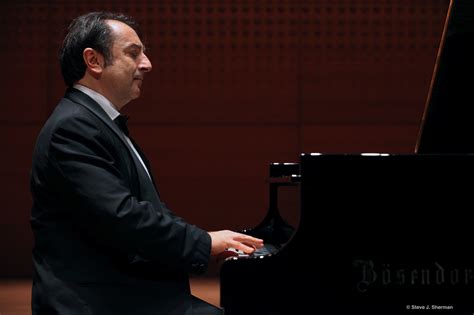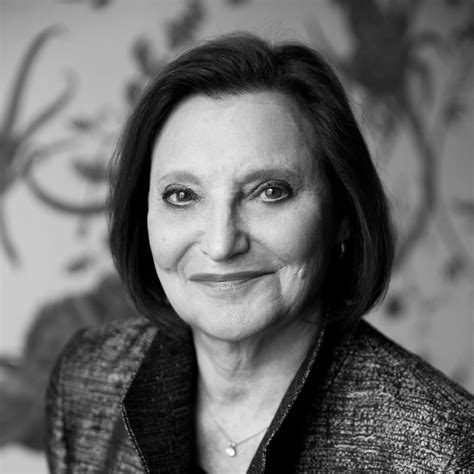A Quote by Iris Murdoch
The most essential and fundamental aspect of culture is the study of literature, since this is an education in how to picture and understand human situations.
Quote Topics
Related Quotes
The paradox of the human condition is expressed more in education than elsewhere in human culture, because learning to learn has been and continues to be Homo Sapiens' most formidable evolutionary task... It must also be clear that we will never quite learn how to learn, for since Homo Sapiens is self-changing, and since the more culture changes the faster it changes, man's methods and rate of learning will never quite keep pace with his need to learn.
Classical music, fortunately or not, unfolds in time. It's not like a picture you can stare at for 10 seconds or 10 hours. You need the minimum amount of education and training, and society needs to find a way to study music - not only the performances, but how to compose, how to understand why Mozart was great at what he did.
I have another aspect of my career where I'm a scholar of Yiddish and Hebrew literature, and I'll say that when you study Yiddish literature, you know a whole lot about forgotten writers. Most of the books on my shelves were literally saved from the garbage. I am sort of very aware of what it means to be a forgotten artist in that sense.
It is essential that God created men and women to be one, as it is said in the first chapters of the Bible. So I think even if our culture is against marriage as essential form of relations between human beings, between women and men. I think our nature is always present, and we can understand it if we will understand it.
Understanding a theory has, indeed, much in common with understanding a human personality. We may know or understand a man's system of dispositions pretty well; that is to say, we may be able to predict how he would act in a number of different situations. But since there are infinitely many possible situations, of infinite variety, a full understanding of a man's dispositions does not seem to be possible.
We do literature a real disservice if we reduce it to knowledge or to use, to a problem to be solved. If literature solves problems, it does so by its own inexhaustibility, and by its ultimate refusal to be applied or used, even for moral good. This refusal, indeed, is literature's most moral act. At a time when meanings are manifold, disparate, and always changing, the rich possibility of interpretation--the happy resistance of the text to ever be fully known and mastered--is one of the most exhilarating products of human culture.
Everyone receives spiritual formation, just as everyone gets an education. The only question is whether it is a good one or a bad one. We need to take a conscious, intentional hand in the developmental process. We need to understand what the formation of the human spirit is, and how it can best be done as Christ would have it done. This is an indispensable aspect of developing a psychology that is adequate to human life.
It is only through literature that one can put oneself in someone else’s shoes and understand the other’s different and contradictory sides and refrain from becoming too ruthless. Outside the sphere of literature only one aspect of individuals is revealed. But if you understand their different dimensions you cannot easily murder them.







































